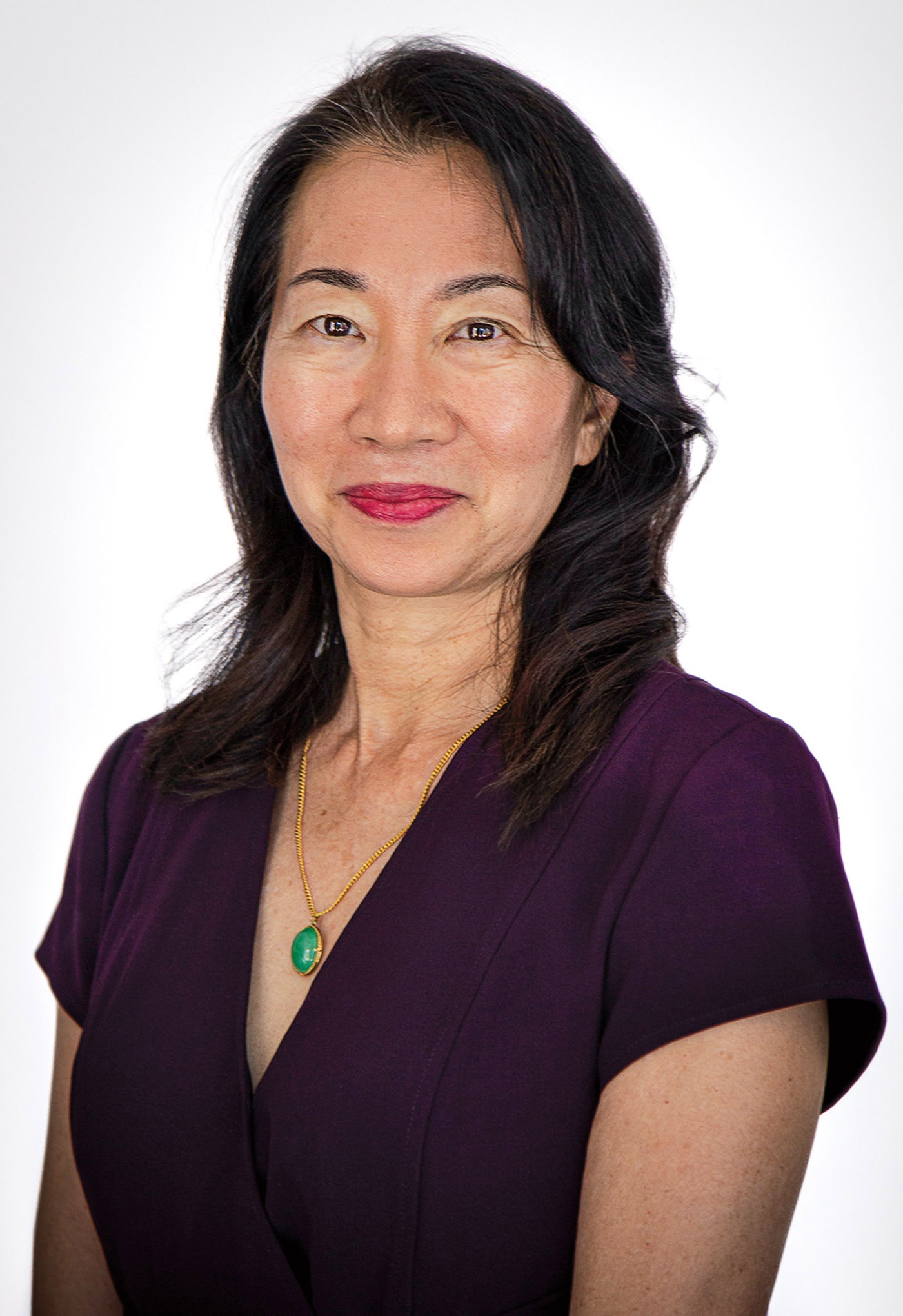Small World
A globe-trotting career in foreign service
Marcia Wong ’82 joined the U.S. Foreign Service fresh out of Brown at age 21, and if that sounds unusual, it was. At the time, the international relations concentrator was the youngest person ever hired for the highly competitive job.
She didn’t set out to make it a career, but something obviously stuck. Now in her third stint in government, Wong is deputy assistant to the administrator of the Bureau for Humanitarian Assistance at the U.S. Agency for International Development.

Her job hasn’t just taken her to every corner of the globe; it’s enabled her to tackle a dizzying array of challenges, from trade to governance to conflict resolution to disaster readiness to humanitarian aid. It’s also given her a prime vantage point to see changes in the American role in the world and how it’s carried out.
A big one involves media and personal technology.
The latest global conflict “is on your phone, you can watch it when you walk to the subway, you know what’s happening in southern Gaza right now,” she says. That’s affected not just how information—and misinformation and disinformation—spreads, but has broadened the scope of humanitarian aid to encompass data-intensive tasks like helping people connect to their families.
Better and more available data has also revolutionized logistics, often using private sector resources and expertise, and tracking of conditions on the ground in real time.
Wong has also witnessed a sharp shift in attention to climate change and all it entails, from more frequent and severe natural disasters to migration within and across borders, sometimes in regions where there’s already conflict and where a flood or drought can be a “compounding stressor.”
Wong admits she “doesn’t get a lot of sleep sometimes.” Consider a recent two week stretch. The first leg took her to Honduras and Costa Rica for meetings ahead of the Atlantic/Caribbean hurricane season.
Next she flew to Brussels to talk with European counterparts on providing aid to Afghanistan. It’s a complicated proposition for the United States, which doesn’t recognize the Taliban government and is working through United Nations agencies and local and international partners, particularly on helping women and girls, who are “at risk of being erased from society, from the economy,” she says.
Then it was on to Silicon Valley for an event with Google seeking pitches on using innovation to combat hunger.
Growing up in Silver Spring, Maryland, government service became a family tradition. Wong’s father worked as a CIA analyst and her mother for the Navy. Her three brothers also work in government.
While it’s harder now to break into the Foreign Service just out of college, Wong still urges Brown students to explore a similar path.
“The world is so small now, we’re all so interconnected,” she says. “I think that the hope is harbored in every heart of every alum and Brown student: How do I make this world a better place and what’s my role in doing that?” Being the face of the U.S. out in the world is a huge responsibility, she adds. “Being asked to do that, it’s a privilege.”





